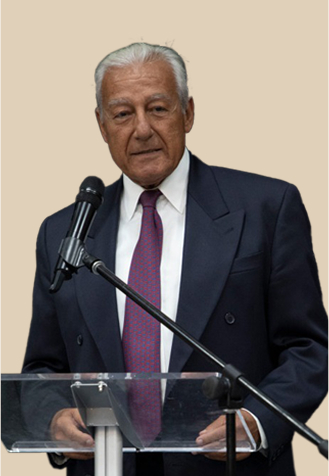Guest Post: Morocco Makes World Cup History, Again
This time, the Moroccan women overcome odds and football giants to advance to the knockout stages of the World Cup
by Khaled Beydoun
Morocco entered the 2023 Women’s World Cup as the first Arab and Muslim-majority nation to qualify for the tournament. Its foray into history, however, began disastrously.
Germany, a perennial powerhouse, welcomed the Atlas Lionesses with a merciless beatdown, scoring six goals against Morocco’s zero.
Ten days later, Morocco made a miracle out of history, advancing to the knockout stages of the World Cup and sending the Germans home. Nobody expected either of those results, but Morocco – the men and now the women – have a knack for converting the football pitch into a field of dreams.
The Moroccan women picked themselves up after the German defeat to beat South Korea, 1-0, earning the first Women’s World Cup victory in that nation’s history. More importantly, the three points notched kept Moroccan aspirations of advancing into the knockout stages alive, to be determined by the final stage faceoff against the formidable Colombian team.
In between both poles of football history, Morocco broke another important barrier in the women’s game. Nouhaila Benzina became the first footballer to wear a hijab when she took the pitch against South Korea on August 1st.
Morocco has not conceded a goal since Benzina took the field.
The South American favorite, Colombia, stood between Morocco and making more history. Just like its previous two opponents, Germany and South Korea, the oddsmakers picked Morocco to lose. But just like their brothers in Qatar, the Atlas Lionesses refused to bow to the odds and instead, bowed to God after earning another unexpected victory.
Anissa Lahmari scored before the conclusion of the first half, and Morocco held on to beat Colombia 1-0. Colombia would win Group H, and Morocco had to wait to know their fate. The result of the South Korea versus Germany match, which was played at the same time, would determine who would advance.
The team collected on the field, waiting for the final whistle to blow in a 1-1 stalemate between the Germans and South Koreans. That result, if it held up, would deliver Morocco to the next stage. It did, and the scenes on Nib Stadium in Perth, Australia, made for stunning theatre. The Moroccan women celebrated with unfiltered emotion and joy, embracing one another while others bowed their heads in prayer.
The images were reminiscent of the iconic scenes from Qatar, when the Moroccan men danced alongside their mothers and unabashedly displayed their Islam on the highest sporting stage. Comparisons certainly will follow, the colors and kits, federation and nation are all the same. But the history made in Australia was entirely written by the Moroccan women, with a football grit and style that was all their own.
But even better yet, a higher stage of history awaits the Moroccan women in the days to come. The story is still begin composed, with France – the colonial nation that knocked the men out of the World Cup in Qatar, and the government that enshrined a Headscarf Ban – waiting. Benzina, who dons the hijab, will be playing before a society that views her image as a pariah on the football pitch, and in public spaces beyond it.
Football has a penchant for confronting history head on. But the Moroccan women have proven that they are not only content with meeting history – but making it.
Recent Posts
Action Alerts

Your support means everything. Your gift protects rights, builds community, and fights hate. Let’s move forward together.
